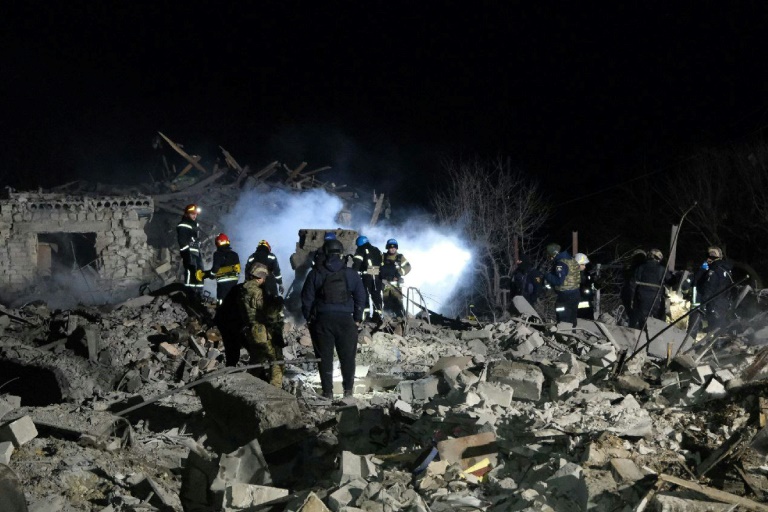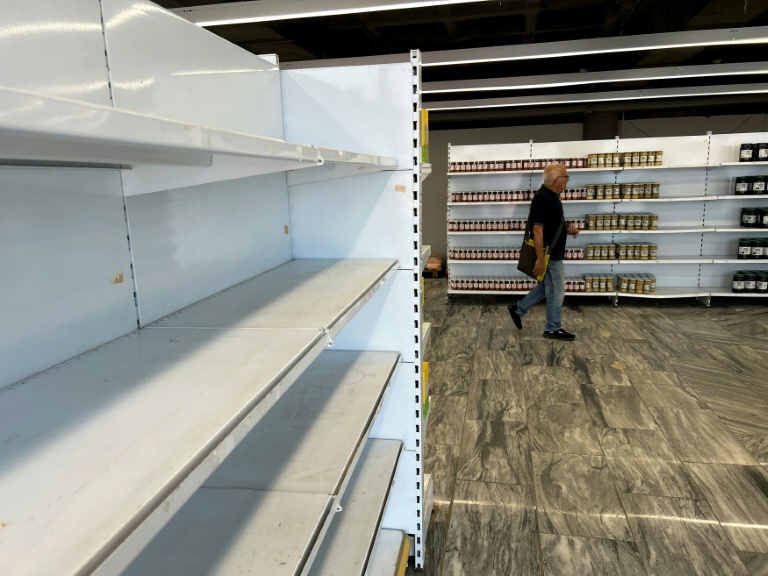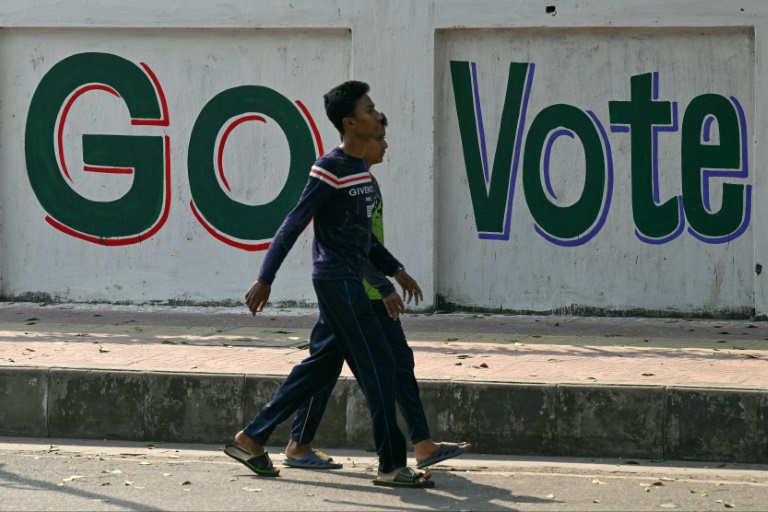At least 11 people, including five children, were killed by a Russian missile strike on the eastern Ukraine town of Pokrovsk on Saturday, the regional governor said, as the bombardments intensify.
Since late December, there has been an increase in the number of strikes in both Ukraine and Russia, with particularly heavy casualties, as the war triggered by Russia’s invasion in February 2022 nears the end of its second year.
Despite the intensification, the front line has barely shifted.
Eight people were also wounded when Russian forces hit the area with S-300 missiles.
“The main blow was dealt to Pokrovsk and Rivne in the community of Myrnograd,” the head of the Donetsk region, Vadim Filashkin, said on Telegram.
He released photographs showing rescue workers working through the debris of the attack which damaged six houses in Pokrovsk and another in nearby Rivne.
According to the emergency services the toll could rise with six people, including two children, believed to be under the rubble of one of the buildings.
Ukrainian President Volodymyr Zelensky denounced the attacks saying “the Russians just hit ordinary residential buildings, private houses”.
He assured that no Russian strike “will go without consequence”.
The town of Pokrovsk, which had a population of 60,000 before the war, had already been hit by a deadly bombardment last August, which left nine people dead and 82 injured.
The town is around fifty kilometres (30 miles) from the front line of the fighting.
Elsewhere in Ukraine, one adult and two children were injured in shelling in the Kherson region in the south.
One person was killed in Toretsk, near Bakhmut, and another was killed and two injured in Nikopol, in the east, according to the respective regional authorities.
In the Russian-occupied territories of eastern Ukraine, two people were killed by Ukrainian shelling in Makiivka and Gorlovka, an attack that also left several people injured, according to the local authorities installed by Moscow.
Russia on Saturday also said its forces had shot down four Ukrainian missiles over Moscow-annexed Crimea overnight.
The attack came a day after Russia said it repelled a Ukrainian drone attack on Crimea, downing 36 of them over the peninsula.
Kyiv said it had hit the Saki airbase in western Crimea.
“Saki airfield! All targets have been shot!” Mykola Oleshchuk, Ukraine’s air force commander, said on social media.
Ukraine has targeted Crimea, annexed by Russia in 2014, since the start of Moscow’s full-scale offensive.
Russia also said that it had destroyed six Ukrainian Neptune naval missiles over the Black Sea.
The number of strikes on both sides has multiplied in recent days, with Russia in particular bombing Ukrainian towns en masse on two occasions: on December 29, when 55 people were killed, and on Wednesday when six died.
For its part, Ukraine has repeatedly targeted the Russian town of Belgorod, 50 kilometres from the border, including an unprecedented attack last Saturday that killed 25 people.
Hundreds were also injured in these attacks.
Authorities in Belgorod, faced with the risk of Ukrainian bombardments, cancelled the evening Orthodox Christmas celebrations on Saturday.
They had already extended the school holidays until January 19, and offered to evacuate the inhabitants of the city of 300,000 residents.
The unprecedented measures for a major Russian city are a blow to the ambitions of the Kremlin, which has always tried to give the impression that the conflict is not directly affecting the everyday life and safety of Russians.
In another unwelcome sign to Russian leaders, a group of wives of Russians mobilised to fight in Ukraine symbolically laid flowers Saturday at the flame of the unknown soldier right beneath the walls of the Kremlin and demanded the return of their husbands from the front.
Anger has been growing for months among relatives of reservists who President Vladimir Putin mobilised in September 2022, seven months after the initial invasion of Ukraine.
The mobilisation is a sensitive subject for authorities, who have so far refrained from repressing signs of discontent.
Saturday saw some 15 women brave the winter cold to place red flowers at the site in the heart of the capital.
Paulina, the mother of a one-year-old child, said the protest is “the only peaceful action that has not yet been banned by law.
“I feel like we’re annoying them. But no one will remain silent. We shall carry on every day, every Saturday. We’ll lay flowers” to draw attention to the situation, she said.
“At some point, it will be impossible to ignore us,” added Paulina, saying she was determined to get back her husband.
AFP
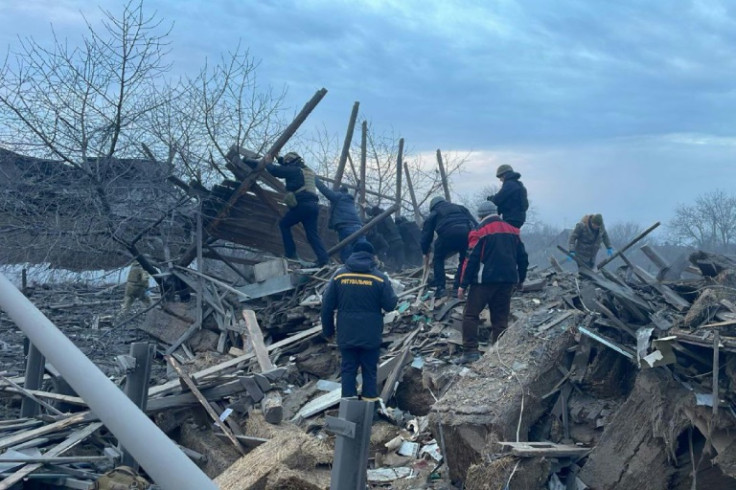
AFP
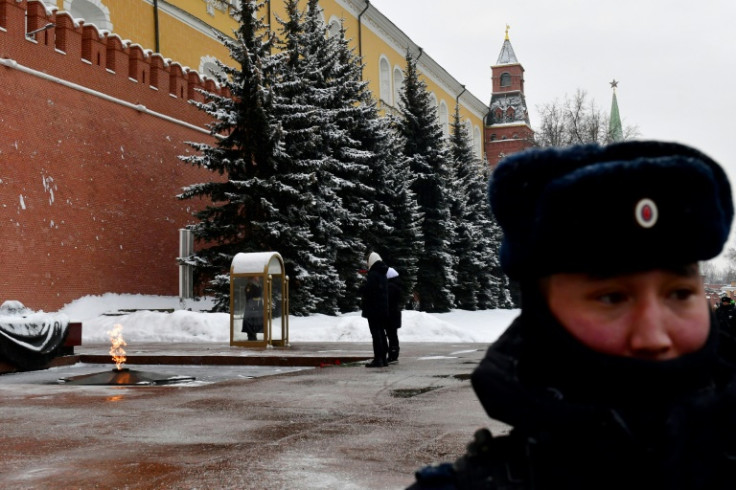
AFP
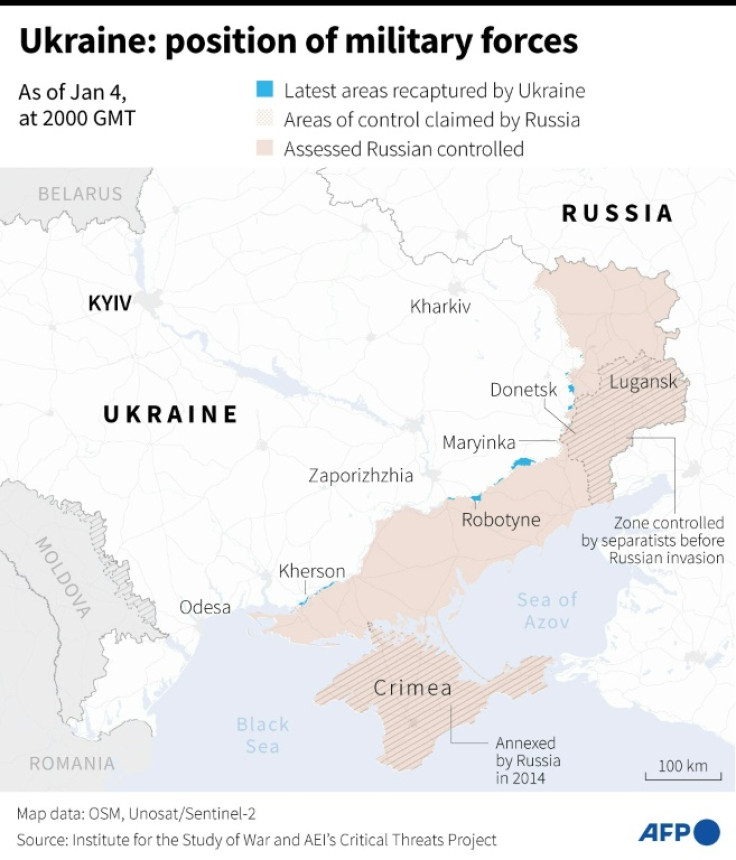
AFP

